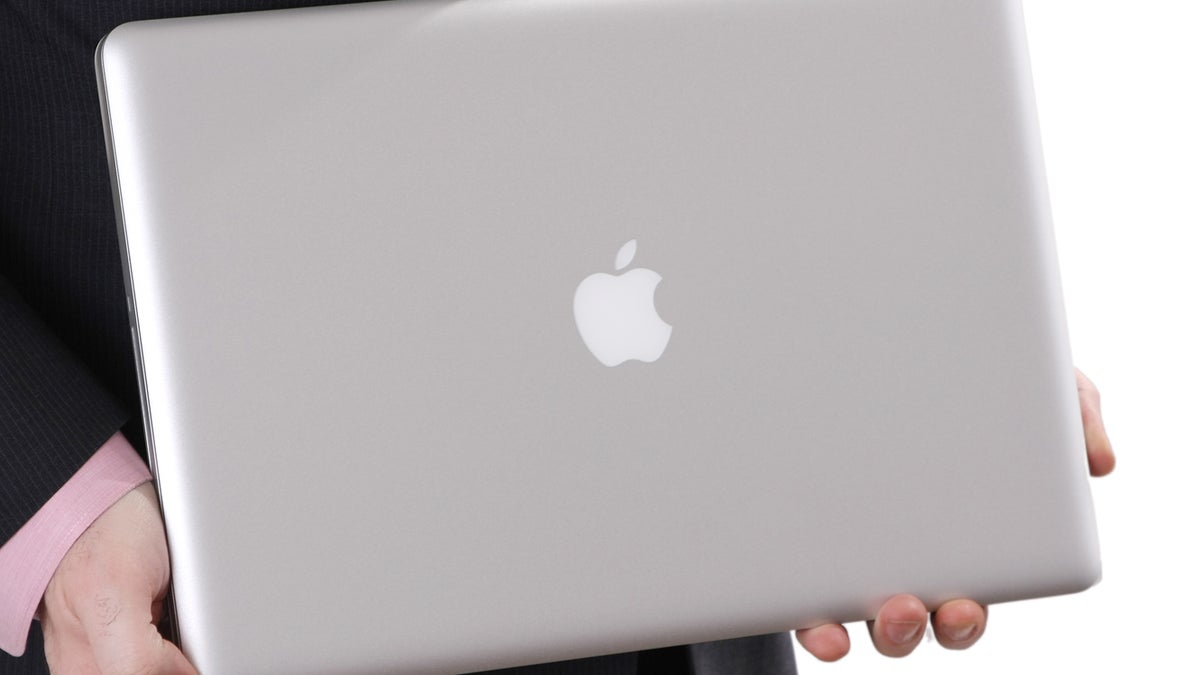Should you upgrade to the new MacBook Pro?
Almost as soon as the latest system refreshes were announced, I started receiving reader inquiries asking if it was worth upgrading to the new MacBook Pros.

While last week's MacBook Pro upgrades were mostly minor, and entirely under the hood, I felt it was worth getting my hands on one of the new systems to benchmark and compare with the models we saw earlier in 2011 (read the full review of the fall 2011 15-inch MacBook Pro).
Almost as soon as these system refreshes were announced, I started receiving inquiries via Twitter, e-mail, and other forms of electronic communication (sorry, no telegrams) asking if it was worth upgrading to the new MacBook Pro. Some of these questions were about upgrading from the most recent Pro, others asked about pre-2011 models, and one was from a reader who was considering a MacBook Pro, but wanted to know if a further refresh was coming sometime in the next six months.
To best answer these, it's easiest to start by looking at exactly what's new. The specific updated model we reviewed, the entry-level $1,799 15-inch MacBook Pro configuration, performed admirably in our tests, and offered essentially the same performance as the spring 2011 15-inch Pro we reviewed--which is in itself a victory, as that earlier Pro was the higher-end $2,199 model. Put another way, the general theme of this MacBook Pro update is that the previous higher-end base models are the new low-end models (with some minor HDD tweaks in the 13- and 17-inch Pros), and the higher-end models have in turn gotten modest CPU, and in some cases GPU, bumps (full details here).
To answer the first question, if you bought a MacBook Pro this year, which means it already has the current generation of Intel Core i-series processors, there's no need to upgrade, even if you're that guy who buys the new iPhone every year, no matter what. It's basically the same exact machine. If you were thinking of getting the higher-end, $2,199 15-inch Pro back when it was introduced in February, for example, and held off for several months, then you made a decent call; go ahead and pick up essentially the same specs for $1,799 with this update.
If you have an older MacBook Pro and are eager to upgrade, it's worth considering. This is especially true if your Pro dates from before April 2010, and you have an older Intel Core 2 Duo CPU (note that the 13-inch Pro didn't even get the first-gen Core i-series until this year). But to be honest, your older Pro is probably still fine for everyday use, and even those pre-Sandy Bridge models had excellent battery life.
The third question comes from a reader who is ready to buy, but doesn't want to get a new laptop only to see it replaced in six months by another update. Of course, it's important to remember that any new tech you buy almost comes with a built-in obsolescence timer that starts ticking before you even open the box--it's just the nature of the game (think about all those high-end Android phones that get cut off from OS updates early on in their life cycle).
I have no special insight into Apple's plans for future MacBook Pro updates, but if you look at 2011's spring and fall releases, there's definitely a decent chance you won't have the latest and greatest laptop on the block for more than six months or so--however, that's probably always going to be the case. Many laptop launches are tied in with Intel's release of a new CPU line, so a Sandy Bridge successor early next year could be a hint that new Pros (and many other new laptops) are coming soon. Unless, of course, Apple decides to try something radically different with next year's models (cough, cough...ARM).
Then there's also the rumor of a new superthin 15-inch MacBook being tested, as was widely reported last week. If this prototype exists, it may be part of the Air family, Pro, or something entirely new. It's an interesting idea, as the only really thin 15-inch notebook around right now is Dell's XPS 15z.
October's MacBook Pro upgrades are good news if you've been waiting for the holiday season to buy yourself one, or have a much older system that's finally ready to be replaced. Everyone else, from recent buyers with still-good hardware to those waiting to see what's in store for the next major refresh, should probably stay put for now.

